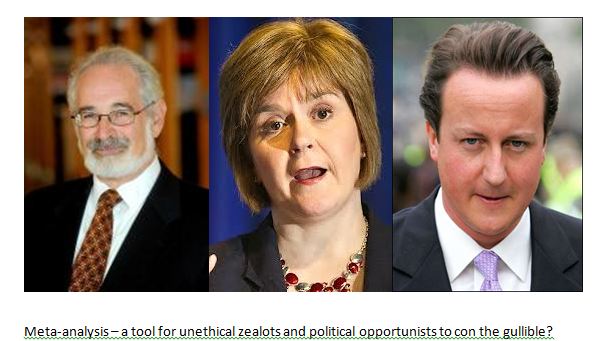If News International had employed Savile how different things would be
I see that Tory MP Philip Davies wrote a few days ago to Ofcom boss Ed Richards demanding that the BBC face a “Murdoch style” investigation “the BBC (should) face the test into their probity following the Jimmy Savile sex abuse revelations and the subsequent cover up that has emerged in the last few weeks“.
Spot on.
 Given how (a) tardy and (b) inaccurate the BBC has been in supplying information to date on this issue and (c) the scale of the News International inquiry, we should all be demanding that the BBC should NOT be allowed to run its own “independent” reviews. If News International had been the orgnisation at the centre of this scandal we would rightly expect that any investigation be conducted, and overseen, by an arms length organisation. Indeed there would already be further widespread calls to investigate whether Sky/News International were “fit and proper” to hold a broadcasting license. We should expect no less a standard of scrutiny of a state broadcaster.
Given how (a) tardy and (b) inaccurate the BBC has been in supplying information to date on this issue and (c) the scale of the News International inquiry, we should all be demanding that the BBC should NOT be allowed to run its own “independent” reviews. If News International had been the orgnisation at the centre of this scandal we would rightly expect that any investigation be conducted, and overseen, by an arms length organisation. Indeed there would already be further widespread calls to investigate whether Sky/News International were “fit and proper” to hold a broadcasting license. We should expect no less a standard of scrutiny of a state broadcaster.
Phone hacking is a considerably lesser crime than any of the following (a) failing to take all available steps to protect children in your care, (b) failing to investigate thoroughly suspicions of abuse of minors by your staff, (c) failing to forward such serious suspicions to the police for investigation. These appear to be the very accusations that have already been laid at BBCs door.
Add to that, the deeply worrying incident of a Newsnight item on Savile being pulled. It has been said by the editor that the reason for not broadcasting the item was based purely on their belief that they had insufficient evidence to broadcast the item. Now we learn however, that the BBC has been forced to issue an embarrassingly lengthy correction to his blog saying it was “inaccurate or incomplete in some respects”.
Frankly, anyone who has ever worked in broadcast journalism will have already raised an eyebrow at the suggestion that an item had actually filmed before the decision was taken that there was insufficient evidence to broadcast. There is also the serious question as to why they did not pass their files to the police? And we have yet to find out just how much George Entwistle (recently appointed Director General) knew of the Newsnight item. Maybe the BBCs Panorama documentary tonight will shed further light on the matter? Although I for one do not wish to be told by BBC journalists what actually occurred on Newsnight (and certainly not one as inept as this) any more than I want BBC appointees to tell me what occurred elsewhere.
All of this just feels too cosy for my liking. Who is willing to bet that we will see little more than a couple of token hacks hung out to dry (i.e. pensioned off), much hand-wringing and an assurance that current child protection and whistle-blowing policies are fit for purpose.
Not good enough in my opinion. We cannot have one rule for the state (broadcaster) and one rule for everyone else. If phone hacking deserves a Leveson inquiry, then unchecked wholesale child abuse and journalistic cover ups deserves Leveson++.
In a shockingly lame reply to a question in the House last week, Nick Clegg said
“I certainly accept there may be a case for an inquiry and if an inquiry were to be held which is as broad ranging as you suggest it should be, it should be independent to look at the full range of the shocking revelations as they have come to light”
Not good enough Nick. Nowhere near good enough. What are you waiting for?
UPDATE: Excellent post here from Liberal England on how the BBC lied, and lied, and lied.
Tags: BBC, Jimmy Savile, Leveson, News International, Newsnight, Nick Clegg, Panorama
